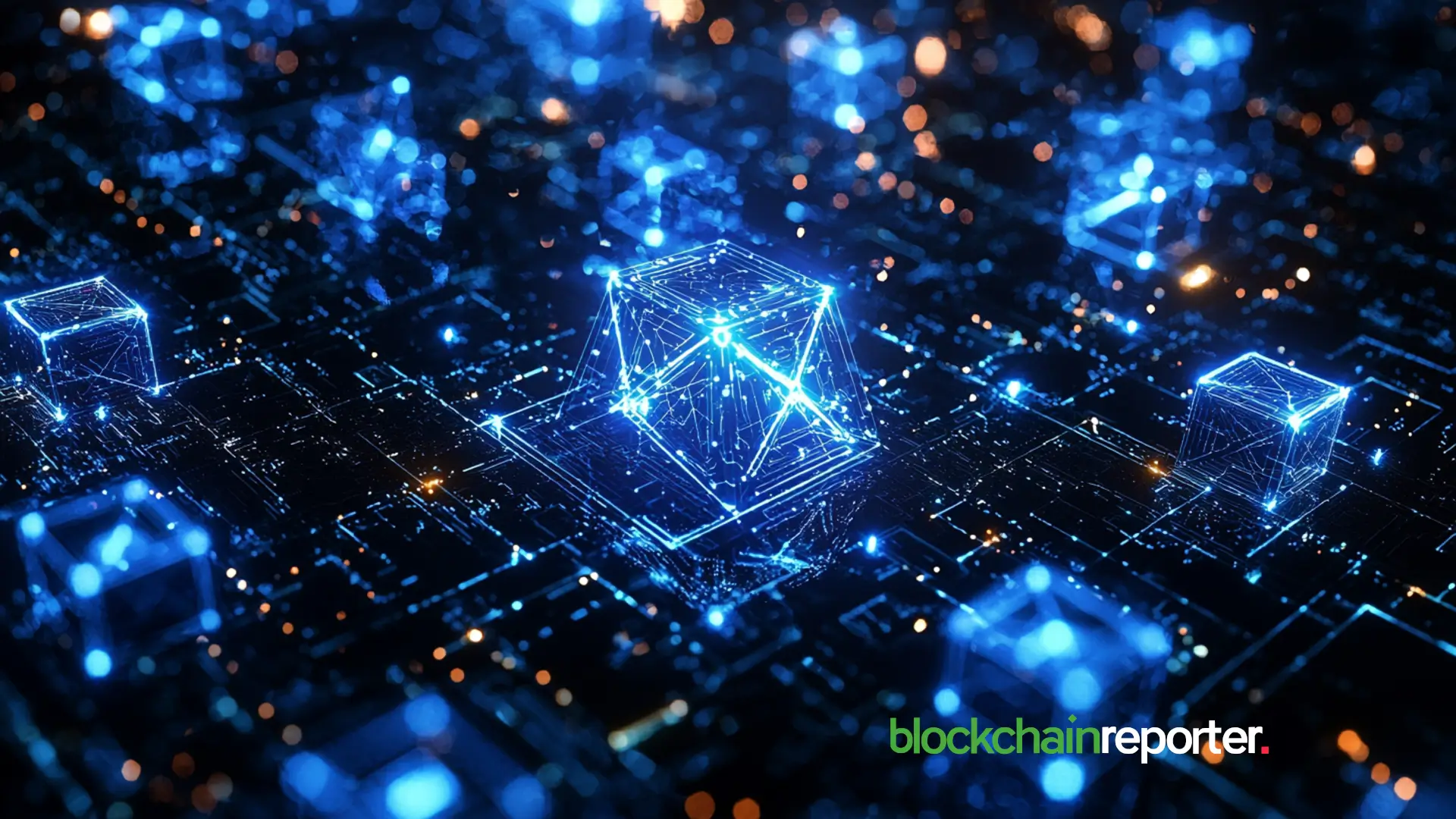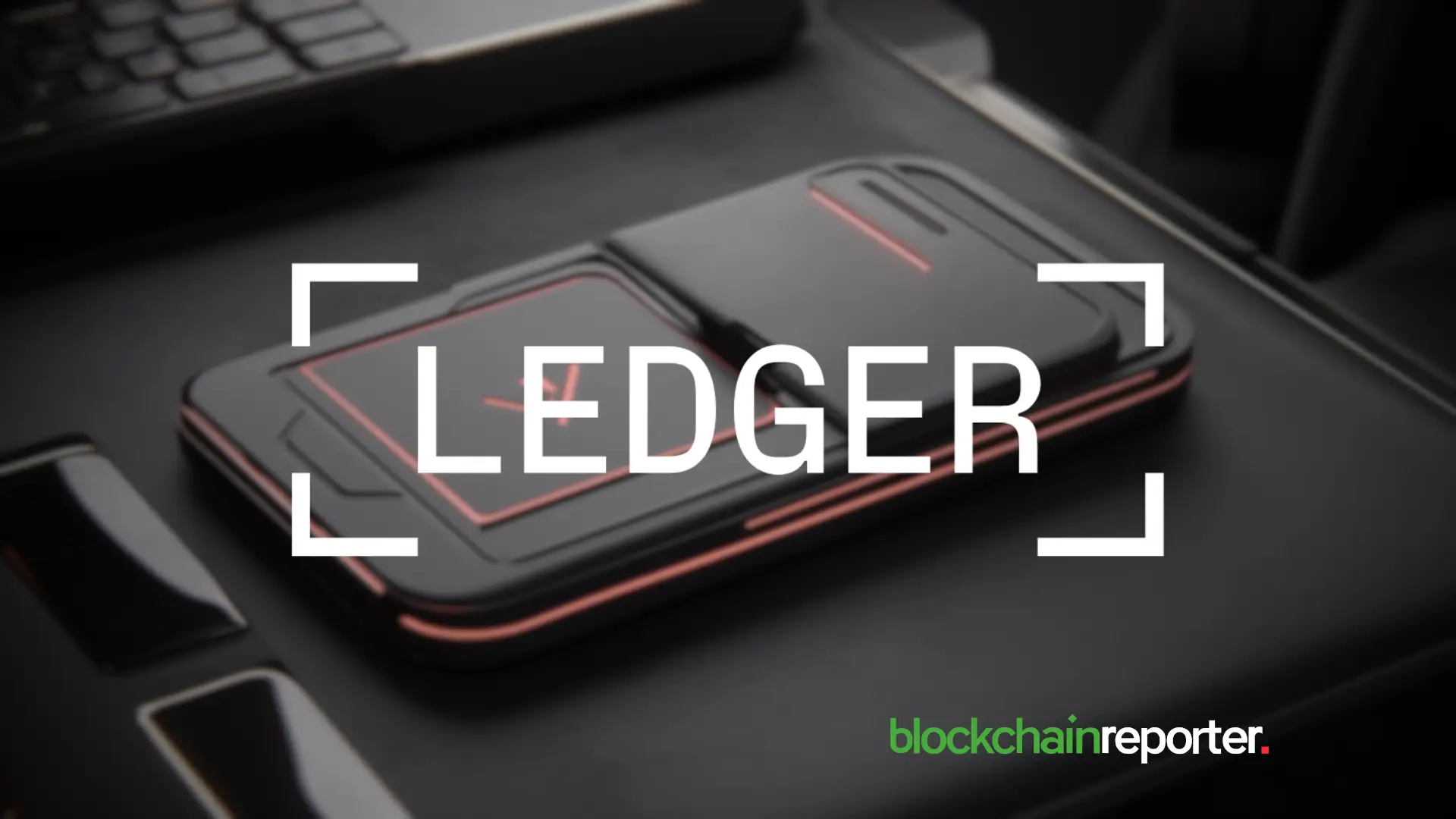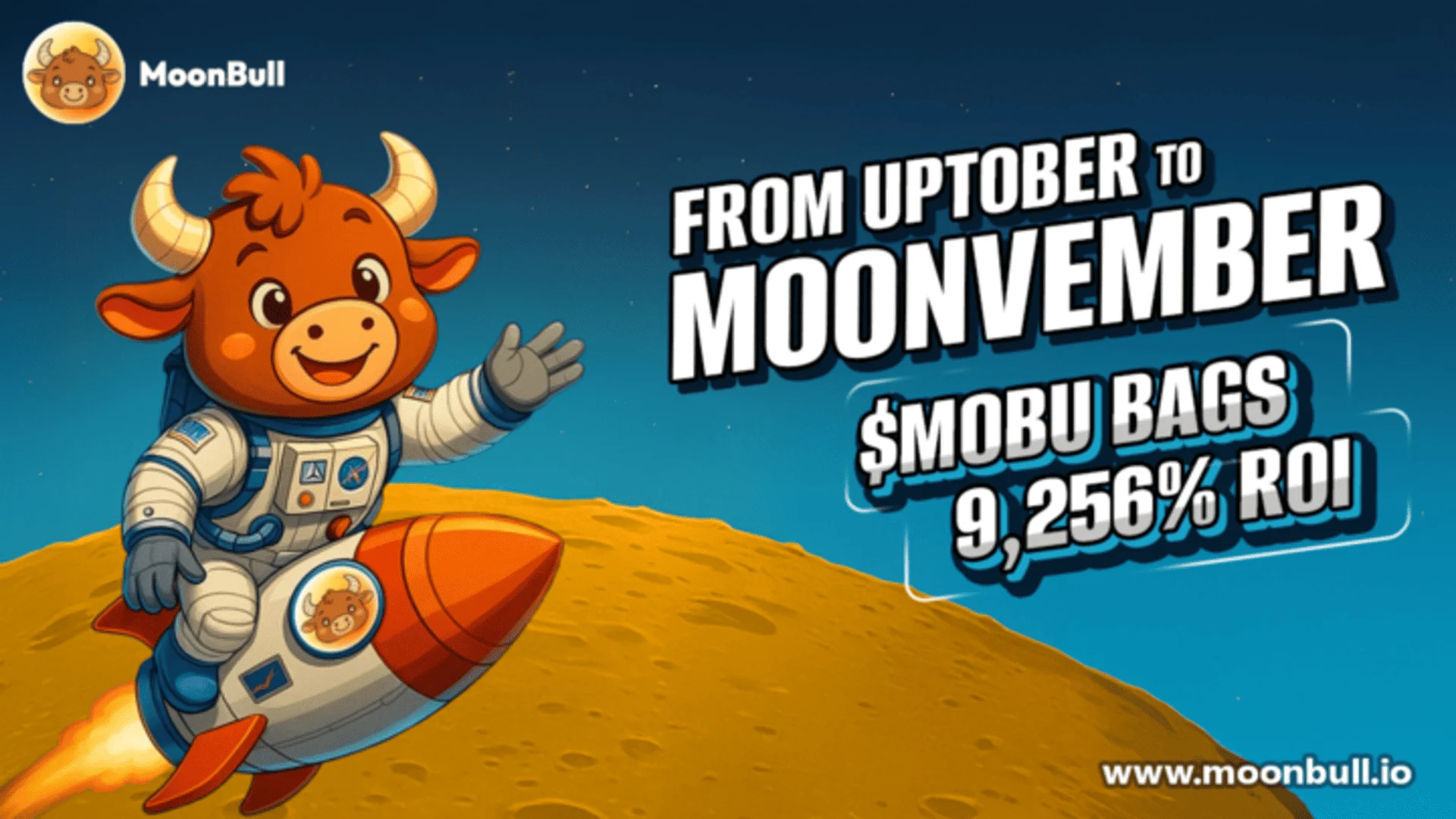The Utility of Blockchain in the Modern World



Introduction
The beginning of internet marked the start of a revolution no lesser than the agrarian or industrial revolution. This magical method of communication transformed the world into a global village, shrinking enormously vast distances into a stone’s throw. Internet made the hassle of communication and data storage so easy that delays and losses became non-existent. However, certain issues remained to be solved. The advent of blockchain technology solved these issues and made internet all the more useful.
What is Blockchain Technology?
The term blockchain refers to a chain of cryptographically secured datasets that we call blocks. You can assign any range of information to the blocks, from simple and small day-to-day entries to complicated financial transactions, or even academic and research-related information. The use of blockchain technology solves the trust issues between parties concerned.
Normally, institutions, companies and even governments record all human interactions in large books that remain in the custody of a bookkeeper. You need to trust the keeper blindly. Keepers can tamper the record without leaving a trace of forgery. They can restrict your access to the record.
Blockchain technology solves this problem by removing the need for any intermediaries. You can register a piece of information on the blockchain. Your entry will contain a time stamp along with other information you entered. Blockchain technology does not need any keeper to enter or guard the data. Most of the information is already public, private keys only being required for adding a new block. Thus, a blockchain is a large public ledger.
Bitcoin: The First Cryptocurrency
Bitcoin was a seminal advancement in digital decentralized finance (DeFi) . Satoshi Nakamoto, who is regarded by many as a group of people with a pseudonym, published a paper on 31 st October 2028 to bring out the basic tenant of the world’s first digital currency. Now anyone could send money to anyone without resorting the intervention of banks. People doubted its utility as the problem of double spending was enormous: users can copy and send the same value to many receivers. But Bitcoin network was smart enough to verify only one of the attempted transactions if double spending was suspected.
Uses of Blockchain
Great technology as blockchain is, it has various uses in everyday life in the modern world. A few of its uses are discussed briefly as under:
1. Charity
Most of the non-governmental as well as governmental organizations are impacted by issues like resource management, operational transparency, and effective governance. Blockchain technology brings solution for these problems. Being a decentralized ledger, blockchain keeps record of the incoming donations. Every transaction can be tracked by anyone from the source to destination. Diversion and misappropriation occur due to administrative negligence or deliberate procrastination. Blockchain technology removes the need for intermediate elements and ensures that the resources are utilized appropriately.
The use of blockchain technology builds and enhances trusts between donors and organizations as every activity is recorded in the public ledger. It also helps maintain accountability across the entire operational chain by displaying dashboards of live activity of the organizations.
Governance issues can be resolved by blockchains as donors and beneficiaries can participate in charitable projects directly through the use of decentralized autonomous organizations (DAOs) . Coded rules and consensus mechanism ensures transparency and fairness.
2. Supply Chain
A supply chain is the name for the whole process making, growing, manufacturing and delivering a product to the end users. For example, a chocolate bar starts its journey in the hands of farmers who grow coffee trees and deliver the beans to factories that roast and grind them. Manufacturers then buy the powder and manufacture chocolate bars. The supply chain involves keeping blind trust one each other without having any tangible way to test honesty.
Now imagine what will happen if there is a ledger on which everyone from the farmer to the customer enters their activity and feedback. The ledger is open for examination by anyone. A blockchain serves exactly this purpose. Everything is recorded in the form of data blocks, which cannot be altered. It is easy to track the origin of a product and the path it travelled. Similarly, the cost of the items is also recorded, and the receiver can verify it from the blockchain.
3. Health Care
Just like supply chain and charity, health department also face several issues that need permanent solutions. Bureaucracy and operational obstructions are the same as in other areas. One problem that is different from the previously mentioned fields is the data errors. Incorrect data entry or lack of proper data transfer from system to system or hospital to hospital can meddle with the treatment procedures of patients. If medical men and pharma personnel start using blockchain technology, patients’ records will be available to everyone concerned.
Medical data in hospitals is a favourite target of hackers. This data contains sensitive data like identity number, insurance information and eligibility for medical equipment. Hackers use this information to draw benefits illegally or make false insurance claims. If hospitals shift all their data to blockchains, it will no longer be vulnerable to attacks due to being encrypted. Only a public address will be visible, but the access to entire information will be through private keys accessible only to the patient or their doctor.
4. Payment Solutions
Gone are the days when cross-border payments used to be nightmarishly difficult. All you need now is the wallet address and you are all good to go. You do not need to do any complicated documentation or identity proofs.
5. Internet of Things
The Internet of Things (IoT) is a network of connected devices that collect and share data with each other through the internet without human intervention. Blockchain and the Internet of Things (IoT) fit perfectly together. IoT connects smart devices that collect and share data. Blockchain keeps that data safe, clear, and unchangeable. Together, they make systems more secure and accurate. Machines can even trade or interact safely on their own. That’s why many companies are now building IoT networks powered by blockchain for better trust and efficiency.
Conclusion
Blockchain technology has transformed how the world manages trust, transparency, and data security. By removing intermediaries and providing tamper-proof records, it ensures reliability across industries ranging from charity and healthcare to supply chain and finance. Its decentralized nature makes processes faster, safer, and more transparent, while smart contracts and encrypted data offer greater accountability. As blockchain continues to evolve, it stands as a cornerstone of the modern digital world bridging innovation, efficiency, and trust in every sphere.

HashKey Chain Joins ATT Global for Physical Advertisement Tokenization
Hashkey and ATT partnership aims to combine distributed advertising assets, on-chain payments, and A...

Ledger Taps 1inch dApp for Secure DeFi Trading with One-Click
Ledger integrates 1inch dApp for one-click secure DeFi trading to elevate user experience with hardw...

Crypto Market Update: XRP Price at $2.44, LTC Nears $100 While MoonBull Leads the Best Crypto Presale Projects for 2025
XRP price holds $2.44 and Litecoin nears $100 as MoonBull ($MOBU) dominates the best crypto presale ...

